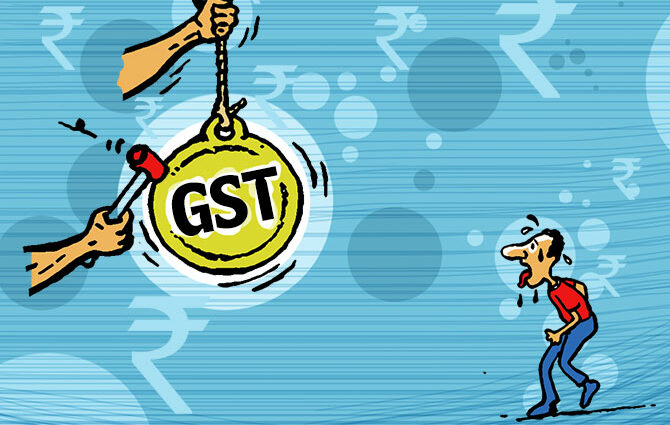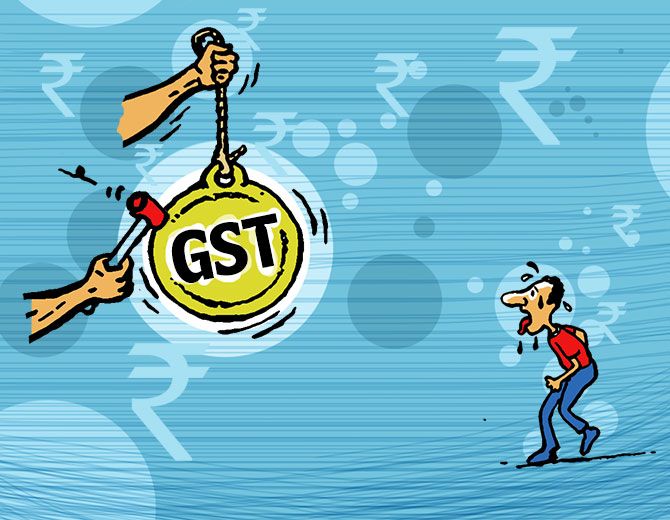Expanding investigation into allegedly wrongful claims of input tax credit by insurance companies, the tax authorities are probing a section of automobile dealers who have supposedly generated fake invoices without providing any service, which is a punishable offence under goods and services tax (GST) law.
The authorities are learnt to have questioned the car dealers to explain the services they provided general insurance companies.
The investigators suspect car dealers pitched for insurance schemes that give them commissions in excess of those insurance regulations permit.
Fake invoices were being raised, without an underlying supply of services, and, on the basis of those, insurance firms claimed input tax credit, two officials privy to the probe said.
Notably, the limit is 15-20 per cent, depending on the products prescribed by the Insurance Regulatory and Development Authority of India (IRDAI).
The IRDAI has, effectively from April 1, removed separate limits for commission and has imposed an overall ceiling on operating expenses and commissions.
However, it doesn’t have an impact on the ongoing cases.
In the GST regime, issuing an invoice without supply means a jail term up to five years if the amount involved is Rs 5 crore or above.
Along with that there is a 100 per cent penalty.
And the registration of the fake invoice issuer could be also cancelled. The offence is not bailable.
“The tax evasion in this case is suspected to be around Rs 2,500 crore, which is much higher than the earlier estimate of Rs 1,000 crore.
“As the probe progresses, we could see a nexus between insurance companies and lots of such intermediaries flouting regulations to avoid tax.
“The matter is to be decided soon,” a senior government official told Business Standard.
The move is to widen the investigation the Directorate General of GST Intelligence (DGGI) has launched against 16 insurance companies since September last year, for allegedly paying commissions as high as 60-70 per cent to intermediaries like these, and then availing themselves of input tax credit on the bills raised in the name of marketing and sales services.
So far three-four show-cause notices have been served to some top insurance companies, seeking justification for claiming input tax credit.
Besides, the intermediaries too have got notices from the investigators in the same matter.
About 100 intermediaries, both online and offline aggregators, have been questioned so far in the case.
“Automobile dealers who have billed commissions in excess of those permitted could be asked by the GST authorities to justify their services to insurance companies.
“Proof of marketing services needs to be given with relevant contracts and data, hence it is essential to prepare for it,” said M S Mani, partner, Deloitte India.
Automobile dealers who sell insurance on behalf of an insurance company or any intermediary are known as motor insurance service providers.
They are appointed by the insurer or the insurance intermediary to distribute or service motor insurance policies of automotive vehicles sold through it.
In general insurance, 40-50 per cent is motor insurance and a significant amount is sourced through automobile dealers.
The dealers raised two bills. One was as commission within the prescribed limit and another one under infrastructure and marketing expenses, one of the two officials cited above said.
Sales of passenger vehicles in India grew 26.7 per cent in 2022-23, the auto industry body data has showed.
In 2022-23, sales of cars from manufacturers to dealers were 38,90,114 units as against 30,69,523 units in the previous financial year.
Typically, in the first year, premiums on insurance for a passenger car vary between 4 per cent and 6 per cent of the price of the vehicle.
Source: Read Full Article
-
How Social Media Turned Porn Biz Upside Down
-
Despite headwinds Info Edge stock rally continues on strong Q4 performance
-
‘Jury Duty’ Star Ronald Gladden Signs With Artists First
-
European Shares Seen Tad Higher As Investors Brace For Fed Meet
-
New Zealand Business Confidence Improves Strongly To -52.0, Outlook Still Gloomy


